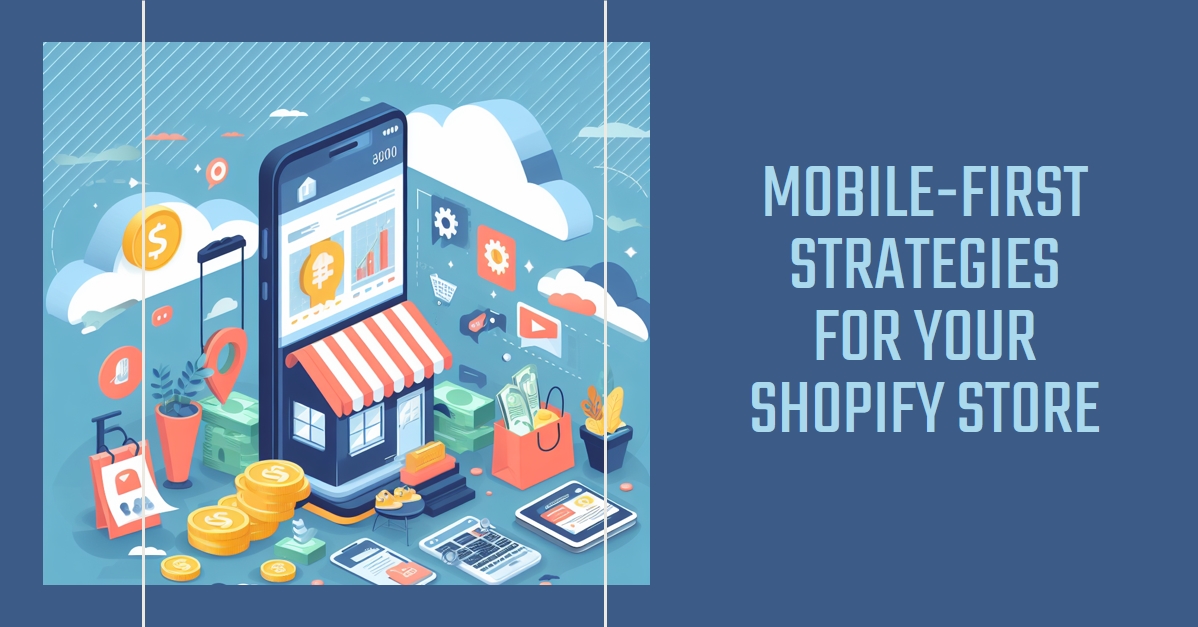When it comes to launching an eCommerce store, there are several options available with varying costs and features.
Here are some of the most popular options with their advantages, disadvantages, scalability, limitations, and cost analysis for the next five years:
Shopify
Shopify is a leading eCommerce platform that is easy to use and offers a wide range of features. It has a low entry cost, starting at $29/month, and offers several pricing plans depending on the needs of the business.
Shopify offers a wide range of integrations and plugins, making it scalable and flexible. However, customization can be limited, and transaction fees are charged if using a third-party payment gateway.
- Basic Plan: $29/month
- Shopify Plan: $79/month
- Advanced Shopify Plan: $299/month
- Additional expenses: App subscription fees, transaction fees
- Total cost for 5 years (Basic Plan): $1,740
- Total cost for 5 years (Shopify Plan): $4,740
- Total cost for 5 years (Advanced Shopify Plan): $17,940
WooCommerce
WooCommerce is a free plugin for WordPress, making it an affordable option for those already using WordPress for their website.
It offers a wide range of customization options, and there are several plugins available to add more features. However, it requires some technical knowledge to set up and can be difficult to scale for larger businesses.
- WooCommerce itself is free, but you need to pay for web hosting, domain registration, and SSL certificates
- Additional expenses: Plugin subscription fees, transaction fees
- Total cost for 5 years: Varies depending on hosting and plugin subscription fees, but could range from $1,500 to $10,000 or more
Magento
Magento is a powerful eCommerce platform that is highly customizable and scalable. However, it requires more technical expertise to set up and can be expensive, starting at $2,000/month for the Enterprise edition.
It is a good option for larger businesses with complex requirements.
- Magento Open Source (free) or Magento Commerce (paid): pricing starts at $2,000/month
- Additional expenses: Web hosting, SSL certificates, extension subscription fees, transaction fees
- Total cost for 5 years (Magento Commerce): $120,000 (assuming $2,000/month for 5 years)
BigCommerce
BigCommerce is a cloud-based platform that offers several features out of the box, including multi-channel selling and SEO tools. It is easy to use and customizable, with plans starting at $29.95/month.
However, transaction fees are charged on some plans, and customization can be limited compared to other platforms.
- Standard Plan: $29.95/month
- Plus Plan: $79.95/month
- Pro Plan: $299.95/month
- Additional expenses: App subscription fees, transaction fees
- Total cost for 5 years (Standard Plan): $1,797
- Total cost for 5 years (Plus Plan): $4,797
- Total cost for 5 years (Pro Plan): $17,997
Wix
Wix is a popular website builder that also offers eCommerce capabilities. It is easy to use and offers several customization options, but it is not as flexible or scalable as other eCommerce platforms. Pricing starts at $23/month for the Business Basic plan.
- Business Basic Plan: $23/month
- Business Unlimited Plan: $27/month
- Business VIP Plan: $49/month
- Additional expenses: App subscription fees, transaction fees
- Total cost for 5 years (Business Basic Plan): $1,380
- Total cost for 5 years (Business Unlimited Plan): $1,620
- Total cost for 5 years (Business VIP Plan): $2,940
Custom development
Custom development involves building an eCommerce website from scratch, tailored to the specific needs of the business. This option can be more expensive upfront, but down the line operation cost would be lesser.
The scalability, flexibility, and customization are higher, and there are no transaction fees. However, it requires more technical expertise and can be time-consuming to build and maintain.
- Cost depends on the complexity of the website, the number of features required, and the hourly rate of the developers
- Average cost: $20,000 to $50,000
- Additional expenses: Web hosting, SSL certificates, ongoing maintenance and updates
- Total cost for 5 years: Varies depending on development costs and ongoing expenses
Concluding with this, there are several options available for launching an eCommerce store, each with its advantages and disadvantages.
The best choice will depend on the specific needs of the business, the available resources, and the long-term goals.
It is important to weigh the cost analysis for the next 5 years to determine which platform will be the most cost-effective option.




